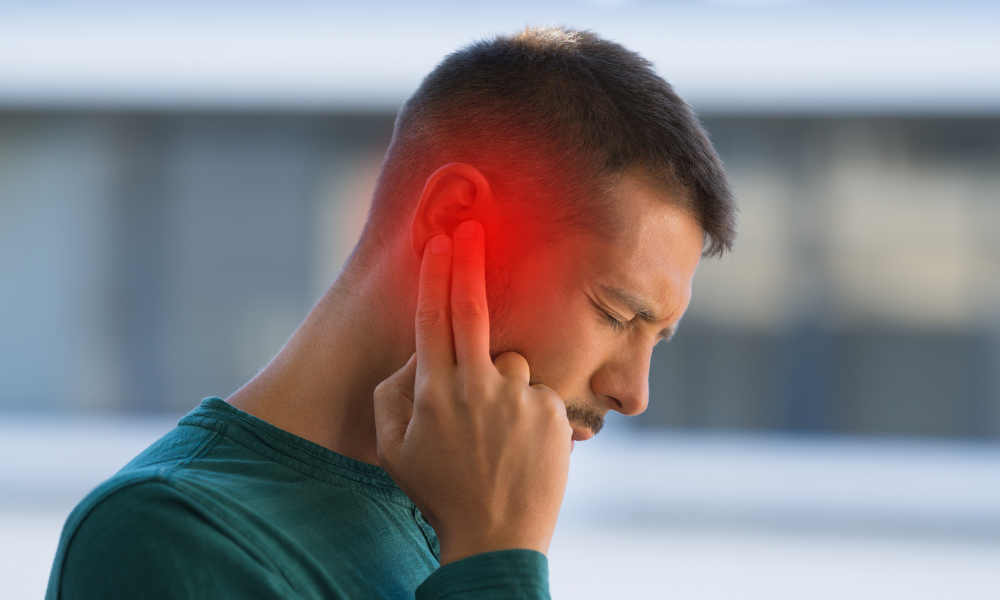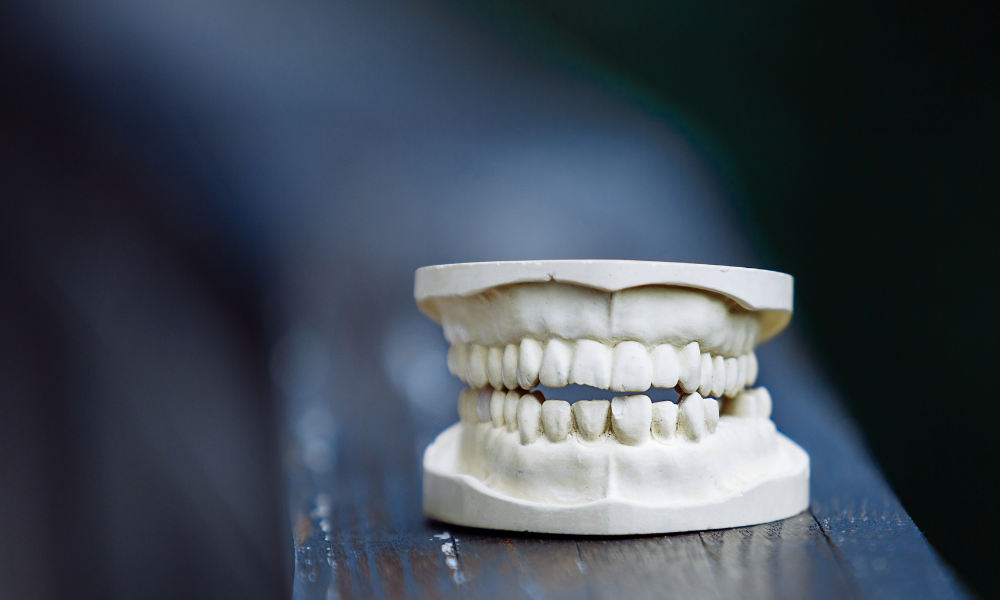
Burning Mouth Syndrome (BMS), a complex and often misunderstood condition, presents a unique set of challenges to those afflicted. Characterized by a chronic or recurring burning sensation in the mouth without an identifiable cause, BMS can deeply impact an individual's quality of life, often leading to frustration and despair.
This guide aims to demystify BMS by offering a comprehensive overview of its causes, symptoms, and the various treatment options available. We delve into the science behind this enigmatic syndrome, exploring the potential triggers and the physiological changes that occur within the body. We scrutinize the spectrum of symptoms, from the mild to the severe, to equip you with the knowledge necessary to identify, manage, and ultimately, conquer this condition.
The road to a pain-free life begins with understanding. As such, this guide also walks you through the array of available treatment options, from conventional medicine to alternative therapies, helping you navigate the path to relief. Whether you are a patient seeking answers or a healthcare professional looking to expand your knowledge, this guide offers an in-depth look at Burning Mouth Syndrome, empowering you with the knowledge to reclaim a pain-free life.
Potential Causes of Burning Mouth Syndrome
- Hormonal Imbalances
Menopausal women are often the most affected by BMS, as hormonal fluctuations, particularly a decrease in estrogen levels, can contribute to the development of the syndrome. - Nutritional Deficiencies
Lacking essential nutrients, such as iron, vitamin B12, and folic acid, can play a role in the onset of BMS. A proper diagnosis and supplementation of these vitamins and minerals can help alleviate symptoms. - Allergies
Allergies to specific foods, dental materials, or oral care products can trigger or exacerbate BMS symptoms. Identifying and eliminating the allergen can be an effective means of managing the condition. - Neurologic Factors
Neural abnormalities or damage can lead to altered pain perception, contributing to the burning sensation associated with BMS. - Psychological Factors
Depression, anxiety, and stress have been linked to BMS, highlighting the need for a holistic approach to managing this oral pain condition.
Identifying Symptoms of Burning Mouth Syndrome
People experiencing BMS may present the following symptoms:
- Persistent Burning Sensation
The primary symptom of BMS is a persistent, burning or scalding sensation, often described as similar to a hot beverage burn. This pain can intensify during the day and may subside at night. - Oral Discomfort
Tingling, numbness, or a feeling of dryness in the mouth may also accompany the burning sensation in BMS, adding to the patient's discomfort. - Altered Taste Sensation
Some individuals with BMS may experience changes in their sense of taste, with reports of a bitter or metallic taste in the mouth. - Difficulty Eating and Speaking
Severe cases of BMS can lead to difficulties eating, speaking, or swallowing, impacting daily life and overall well-being.
Conservative Treatment Options for Burning Mouth Syndrome
- Nutritional Supplementation
Supplementing the deficient nutrients can provide relief if BMS is associated with nutritional deficiencies such as iron, vitamin B12, or folic acid. - Stress Management and Counseling
Incorporating relaxation techniques and seeking psychological counseling can help address the stress and anxiety that may contribute to BMS. - Medication Adjustments
Some medications can cause oral dryness or other side effects that can exacerbate BMS symptoms. Discussing potential medication adjustments with your healthcare provider may be beneficial. - Oral Care Modifications
Switching to mild, flavor-free oral care products and avoiding irritants, such as alcohol and tobacco, can help reduce symptoms.
Advanced Treatment Options for Burning Mouth Syndrome
- Hormone Replacement Therapy
For menopausal women experiencing BMS symptoms, hormone replacement therapy can help alleviate oral discomfort. - Neuropathic Medications
In cases of BMS caused by neurologic factors, medications typically used for nerve pain may be prescribed to provide relief. - Topical Treatments
Topical anesthetics, such as lidocaine or benzocaine, can be applied to the affected areas to temporarily numb the sensation and provide relief.
A Closer Look at Burning Mouth Syndrome: Identifying the Various Symptoms
Burning Mouth Syndrome is a perplexing oral pain condition that can significantly impact an individual's quality of life. By understanding its potential causes, symptoms, and the range of treatment options available, you can make informed choices and work with your healthcare provider to develop an effective management plan.
At Columbia Center for Sleep Apnea and TMJ, Dr. Bloxham is committed to helping patients navigate the complexities of orofacial pain conditions, such as Burning Mouth Syndrome, and providing the personalized care needed to alleviate symptoms and improve overall well-being.
Through a multidisciplinary approach, and with persistence and determination, you can overcome the challenges of BMS and progress towards a future with improved oral health and a pain-free life with our
dentists in Richland!











